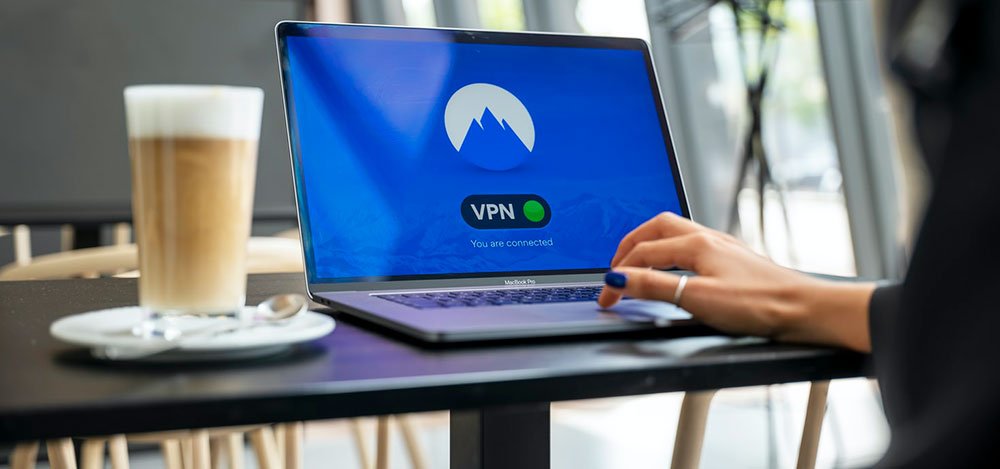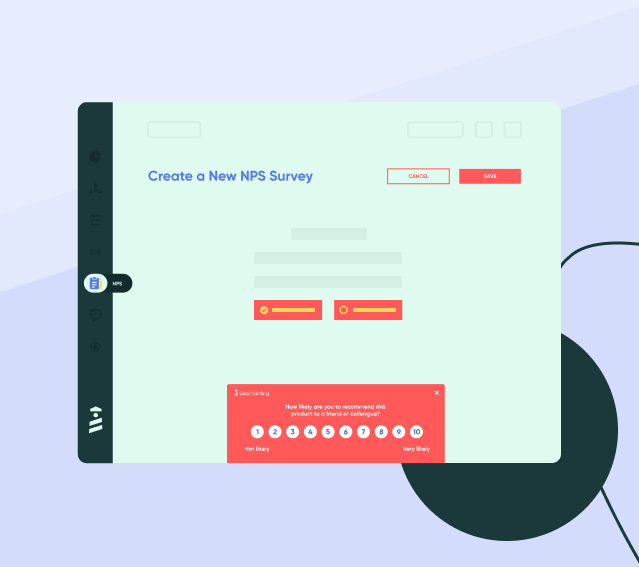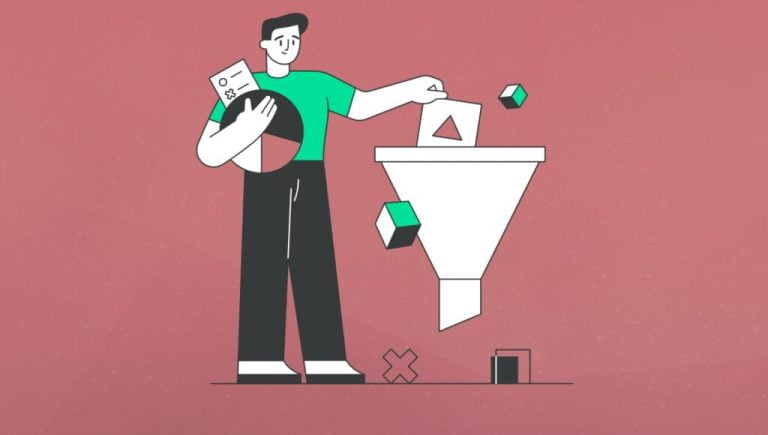
Hackers are known by law as cybercriminals. Cybercriminals virtually perpetrate crimes like theft and sabotage in the digital realm, as opposed to real-life criminals who do this in the real world. However, real-life and the virtual world can often overlap as we grow to depend on the internet for storing and processing our most sensitive information, as well as harboring our critical infrastructures. The importance of protecting data cannot be underestimated in a world like today.
High-profile hackers are not interested in your average Joe, more so in sabotaging valuable information and government defenses. That is not to say that there are no other more lowly hackers around that are interested in meddling in the business of regular citizens. That is also not to say that you could be collateral to a high-profile hack.
Thanks to advancements in modern technology and outstanding software developers, there is now a way to defend yourself from most hackers and hacking attempts with the click of a button. This is known as a VPN or Virtual Private Network, and it is understood by data scientists and security specialists that VPNs stop hackers.
In this article, you will find out what a VPN is, and how it works to dissuade hackers from your systems and your private space. Finally, you will understand how to pick a premium VPN that best suits your needs and your system.
What is a VPN?
Table of Contents
A VPN, or Virtual Private Network, is a type of networking software that runs at the operating system level. VPN software today is offered just like any other software, by various registered security companies. The modern VPN has its roots in Microsoft’s PPTP technology, which is essentially a tunneling point-to-point architecture. Fundamentally, when you connect to a server offered by the VPN app you have installed, your internet connection is being routed by that software that encrypts (randomizes) the internet traffic, and your IP address reflects the server location you have chosen. In effect, whatever you are doing online (browsing, downloading, chatting, or uploading) is masked from that point forward. Metaphorically speaking, the VPN software is throwing a blanket over your internet connection and moving it through a secure tunnel, away from prying eyes and ears.
How does a VPN Protect You From Hackers?
First of all, it is important to understand the methods hackers use to intercept communications, sabotage data, or steal data. Computer systems, whether that be a laptop, tablet, smartphone, or a big industrial mainframe that contains servers, are always vulnerable.
Hackers are like rats looking for that all-important cable to chew which would compromise the entire system. Hackers also look to exploit code that isn’t secure with a variety of malicious software (malware) tools and various attacks.
Modern-day hackers are not those that secretly install an infected floppy disk or USB anymore, although this still can happen. Most of the time, hackers are looking for the path of least resistance and remote operation, but they still have to have direct access to the victim. This usually means they need a snippet of information about the victim, like a trail of information on the web or an IP address. Here are some ways an unprotected network can give way to hackers;
- MiTM or Man-in-The-Middle Attacks
- DDoS (Direct-Denial-of-Service Attacks)
- Doxing attacks
A VPN helps you obfuscate (hide) your trail of activity and your IP address on the internet. On an unsecured connection over public Wi-Fi, for instance, a hacker can intercept your connection and thereby your device using a MiTM attack. A hacker can also launch a DDoS attack on your website if your IP address is known to the hacker. Doxing attacks also involve the use of a known IP address for several malicious purposes.
When a hacker tries to intercept an unsecured connection, they can see through the code the website being visited and can access more information that can compromise your life. With a VPN activated, your trail is encrypted and will look like a bunch of garbled random symbols to the hacker, or nothing at all. This also means that they cannot record your unique IP address that is cloaked under the VPN.
What a VPN Cannot do
A VPN is great at what it does, and that is obfuscating your IP address and your online tracks. It also stops your ISP and other websites from surveilling and tracking you. On the other hand, what a VPN cannot do is stop you from inflicting damage on yourself by opening a fraudulent email and downloading a virus from a link or attachment in that email. A VPN is not an antivirus or antimalware program, think of it more like the best camouflage uniform for your system in the internet forest.
Secondly, a VPN cannot help you if your passwords are cracked by a hacker. If you set short and easy enough passwords for a hacker to guess without using any random symbols to boot, a VPN cannot help you once your accounts are hijacked. Don’t forget, you must also set a strong password for your internet router where the internet comes in first before it reaches your devices.
Which VPN to Choose
The answer to this question, as opposed to the other questions, is very straightforward. Use a premium subscription-based VPN that has trusted reviews from the community such as ExpressVPN, NordVPN, Surfshark, Cyberghost, and others along those lines.
These premium VPNs have professional cybersecurity encryption and do not log your information so they respect your privacy as well. Customer service is always there too, to make up a product that you can trust and rely on.
Do not use free VPNs unless you have seen verified positive reviews for them, while you will still encounter limitations when using free VPNs, so keep that in mind. Free VPNs are everywhere and some claim to be legitimate, but it is risky to use a free VPN when you can use one with a legitimate Privacy Policy and solid Terms of Service.






